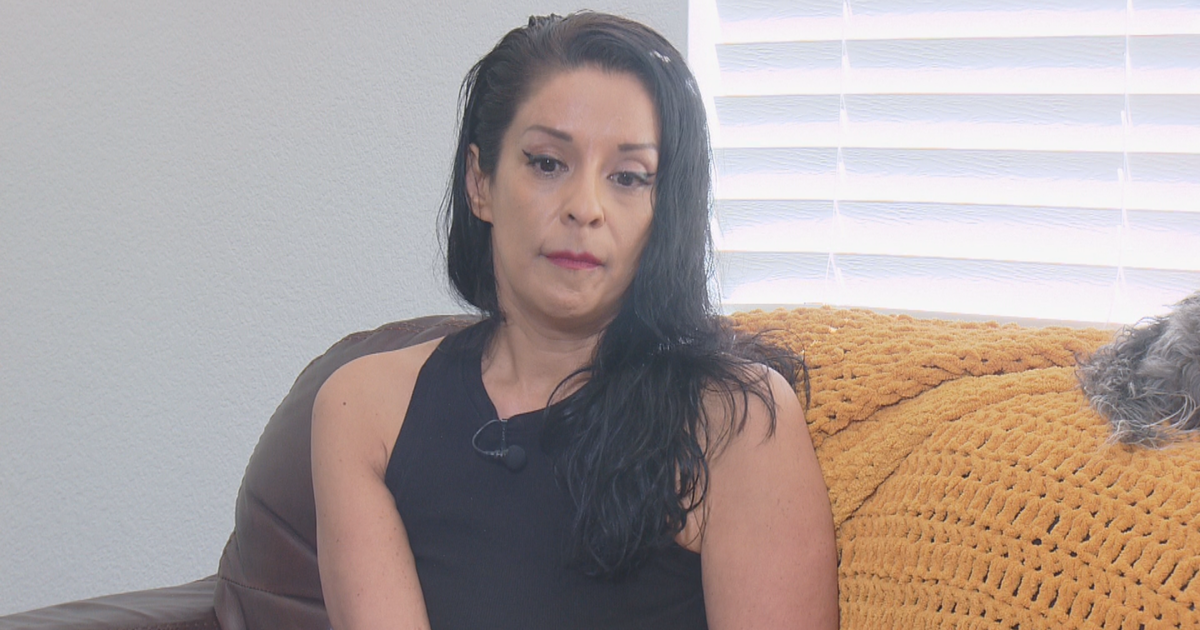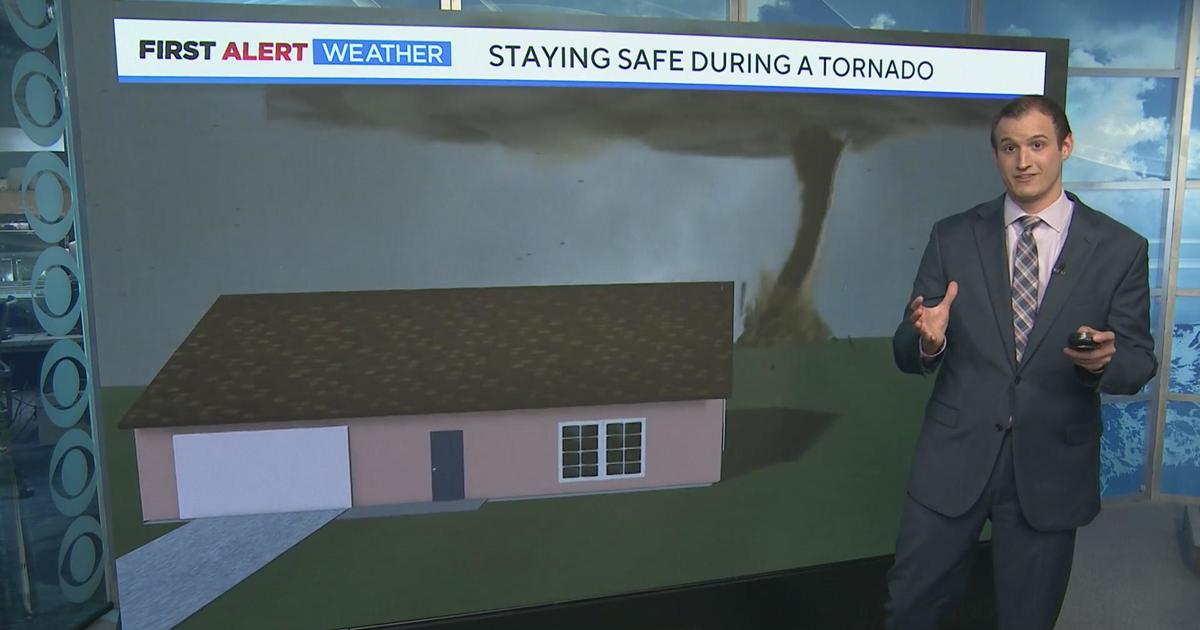The Return Of West Nile
 A few more mosquitoes found to be infected with West Nile Virus -- the latest discoveries coming out of Boulder County.
A few more mosquitoes found to be infected with West Nile Virus -- the latest discoveries coming out of Boulder County.
West Nile is certainly a concern, but fortunately it rarely causes major problems in humans.
To put the whole thing into some sort of prospective:
Very few mosquitoes are infected with West Nile. The count out of Boulder is three bugs out of thousands were detected to carry the germ.
Now if you do get nailed by one of the few that does carry the virus, what will happen?
RELATED: West Nile Virus Spreading In Colorado
Well, 80 percent of the time you will never even know that you were bitten by a West Nile infected mosquito. No symptoms. No illness. No nothing, except maybe an itchy bite mark.
Then, 20 percent of the time, people will get an idea that something's cooking. Low grade fever, aches, nausea and diarrhea. But you get simply get better in about a week or less with no specific treatment, or even knowing that West Nile was the culprit.
Now for the bad stuff: About 1 percent of people will get a viral infection of the brain and the nervous system -- in a few of these cases, damage such as weakness, numbness, headaches, etc., are permanent.
The is no cure, and no specific treatment.
Nonetheless, we tell people that if they get sick this summer with fever, chills, severe headache, stiff neck, confusion, or similar symptoms -- see the doctor right away. We can make the diagnosis through lab tests, and offer supportive care to help you recover more quickly, with less of a chance of permanent issues.
In the meantime, remember the "4 D's" of prevention to lessen the risk of a mosquito taking a bite out of you:
Drain - No standing water or puddles.
Dawn and Dusk - The time for extra protection, since these are the times mosquitoes are hungrily looking for a meal.
Deet - Insect repellent will help lessen the chances of a bite.
Dress - High risk times call for long sleeves and long pants. Time to cover up.
BTW, the first case of West Nile wasn't seen in the United States until 1999. But it had been infecting people in Africa and the Middle East for decades, maybe longer. We don't know how it got to America.



